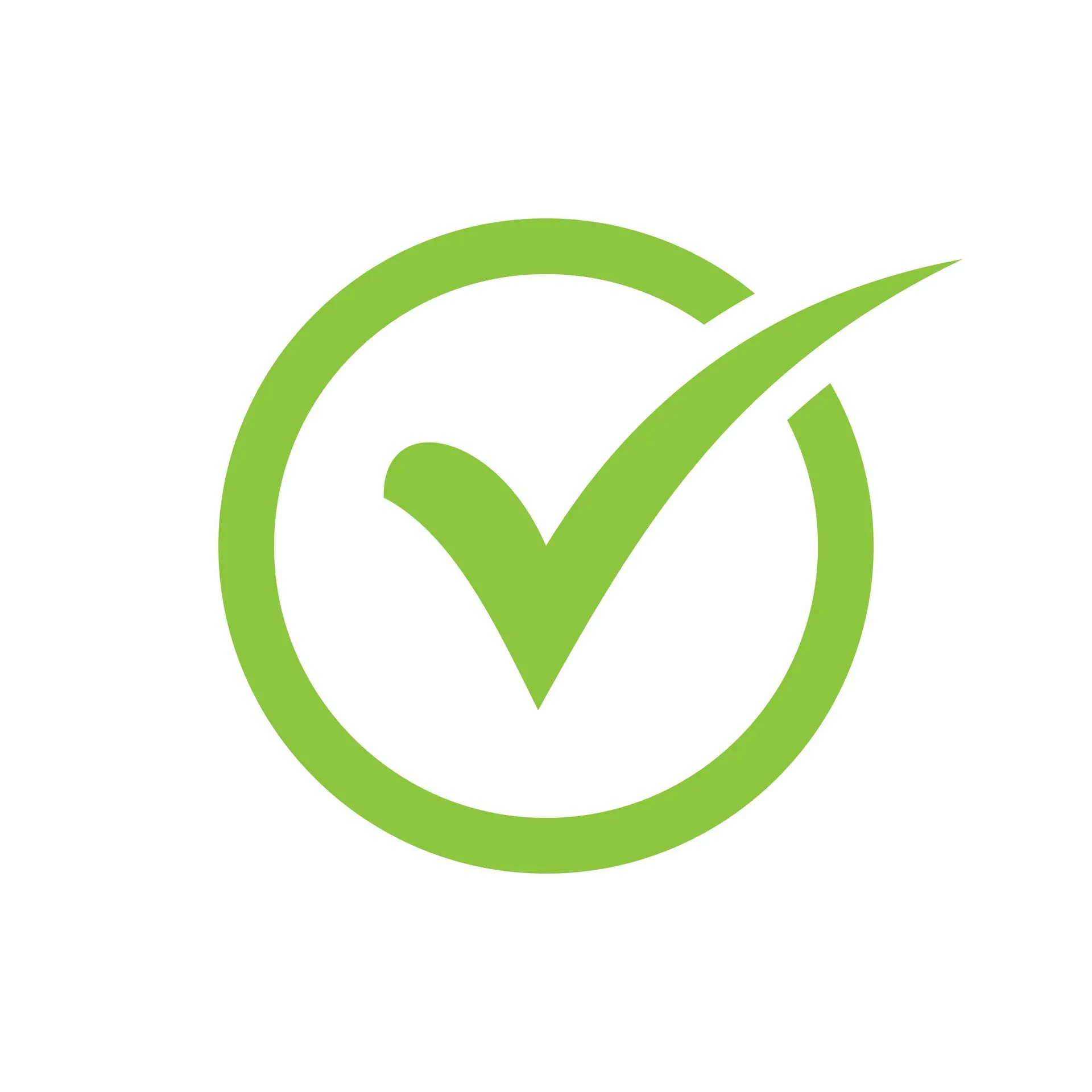Supplier Relationship Management and Supply Chain Consulting
Supplier Relationship Management (SRM) is a cornerstone of modern supply chains, driving resilience, cost efficiency and strategic collaboration. In today's rapidly shifting market landscape, strong partnerships empower businesses to adapt quickly, mitigate risks, and maintain competitive advantage.

Governance & Cadence
A structured SRM governance model with regular performance reviews, clear accountability and consistent communication ensures supplier relationships stay aligned and transparent.

Long Term Growth
Building trust and transparency with suppliers lays the foundation for scalable, resilient operations.

Performance Monitoring
Regular evaluations and feedback loops drive accountability and continuous improvement.

Supplier Segmentation
Categorizing suppliers by value and risk helps prioritize strategic relationships and optimize resource allocation.
SRM Check List & FAQs
SRM helps organizations build strategic partnerships with suppliers, improving innovation, risk management and cost efficiency.
Through regular audits, scorecards and corrective action plans.
Relationship building, risk management, and continuous improvement, not just contract oversight.
Lace Consulting Group recommends forming an SRM governance team to ensure consistency and scale.
Why You Need SRM In Your Organization?

Visibility & Control
SRM tools provide real time insights into supplier performance, enabling smarter decisions and agile responses.

Benefits of Supplier Relationship Management (SRM)
Sustainability & Ethical Sourcing: Design and implement structured governance models that include sustainability, KPI's, ethical sourcing policies.
ESG Risk Assessment: Conduct supplier audits and risk mapping to identify environmental, social and governance vulnerabilities across the supply chain.
Stakeholder Engagement & Training: Facilitate workshops and training sessions to align internal teams and suppliers around sustainability objectives and ethical standards.
Lace Consulting Group can play a pivotal role in helping organizations embrace SRM and transform their supply chain processes.

